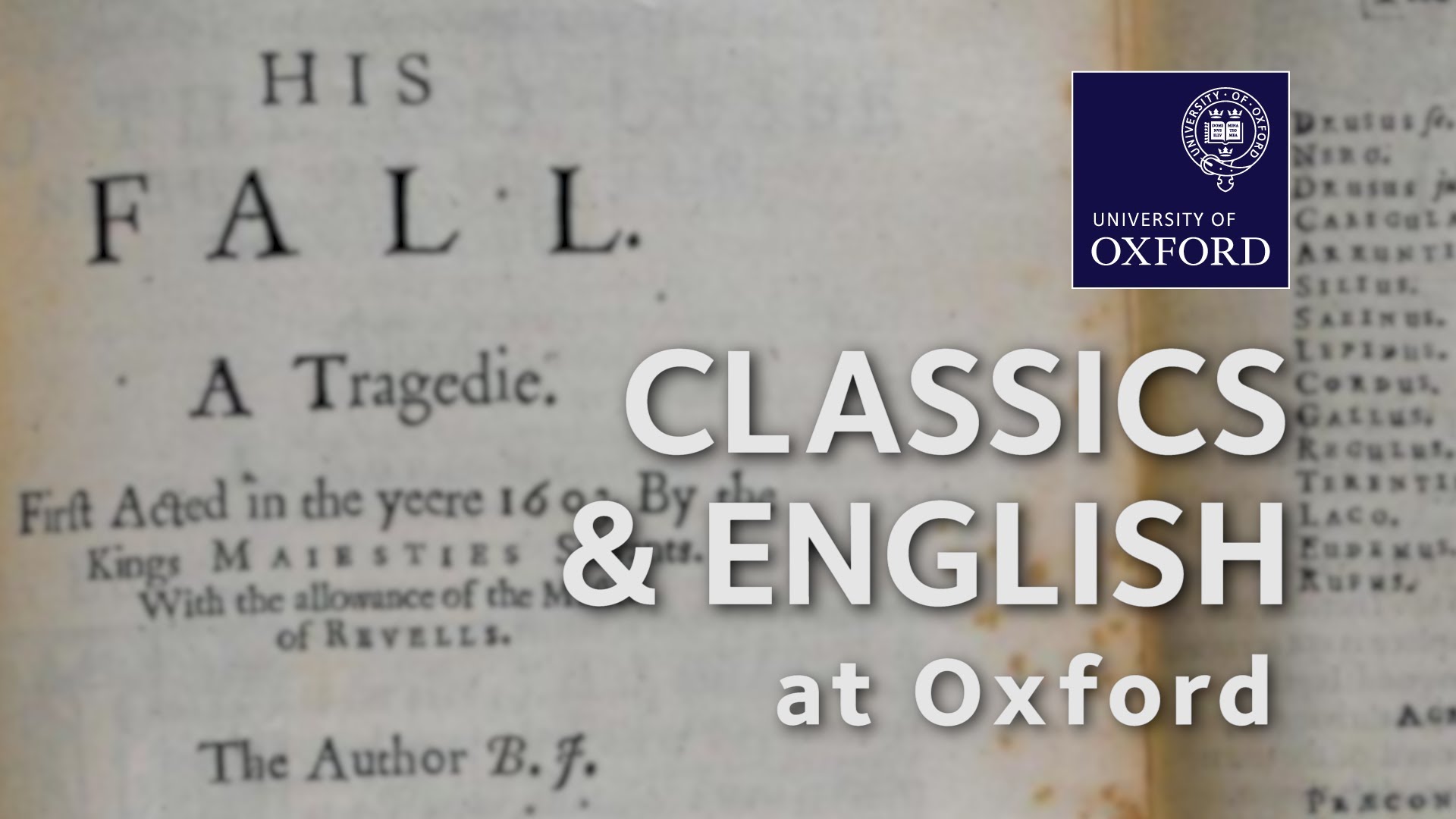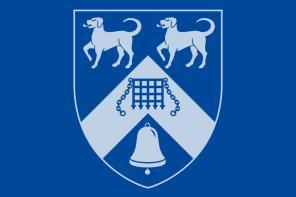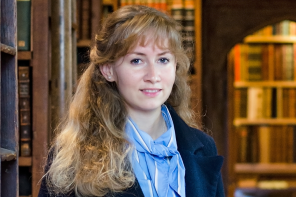Overview
Classical literature has had a profound and enduring influence on English literature and culture from medieval to modern times. This course will appeal to those with a particular interest in comparative study of the two subjects.
Classics and English at LMH
Admissions requirements and course information
AAA (with As in Latin and Greek, if taken). More information on other requirements and how to apply can be found on the University of Oxford's undergraduate admissions website, as well as on the Faculty of Classics and Faculty of English pages.
Related courses offered at LMH
What our students say
Oxford is set up to give all of its students a unique experience, but studying a joint honours degree makes this even more so. I’m in my second of four years taking Classics & English at LMH; I didn’t come from a school where Greek and Latin A-Levels were offered, so am on the longer version of the course which has enabled me to study these languages (I chose to do Greek first, and will start Latin next year – though you only have to do one!) ab initio. Classics joint schools have very small intakes across the entire university, and I am the only C&E student in my year, but the social and academic atmosphere at LMH means I can be involved with the cohorts for each of my subjects. My tutorials are all individual, which really lets me explore the links between subjects in depth, but I also have a number of larger group classes in College, and intercollegiate language classes within the Classics faculty. For me, it’s the perfect mix: I can be independent, and throw myself into work tailored to suit my course; but also enjoy working with my peers, since being on my own for my entire timetable would get a bit lonely!
My tutors are always really accommodating and keen to make sure that my timetable is balanced between my two subjects; and also to look at ways which they inform each other in tutorials and classes. There is, of course, a lot of work to be done in the ‘core’ sections of each side, but my tutors are genuinely interested in and supportive of my interests, which is one of the reasons I think LMH is such a great college to be at as a joint school student. I think a lot of people are put off applying (we also have places for Classics & Modern Languages students at LMH) for joint schools because they’re scared off by the small numbers of successful applicants, or even worse, horror stories about workloads and crazy scheduling. The latter certainly isn’t true for LMH; I wouldn’t say my course is easy, but it’s more than achievable with a standard helping of Oxford hard work and the fantastic support any LMH student can count on from just about anyone in the college. Nobody should be put off just because a course looks slightly more difficult to get into, either. Joint schools are great for people really interested in the interactions between two different subjects; so if that sounds like it would suit you, and you’re equally strong in each of the subjects involved (or related subjects, if you haven’t studied Classics before), there’s no reason you shouldn’t give it a try. For me, I don’t think any other course, at any other college, would have been so rewarding or enjoyable!
India Collins-Davies
Classics Faculty podcasts
The Classics Faculty is really pleased to share with you their Regional Classics podcast series. This features discussions with current students, staff and alumni from regions of the UK that have traditionally been underrepresented within the Faculty, about their relationship with the Ancient World. We hope the podcast, as well as being a great listen, will encourage prospective students and show that Oxford Classicists can and do come from a wide cross-section of society from across the UK (and beyond).









